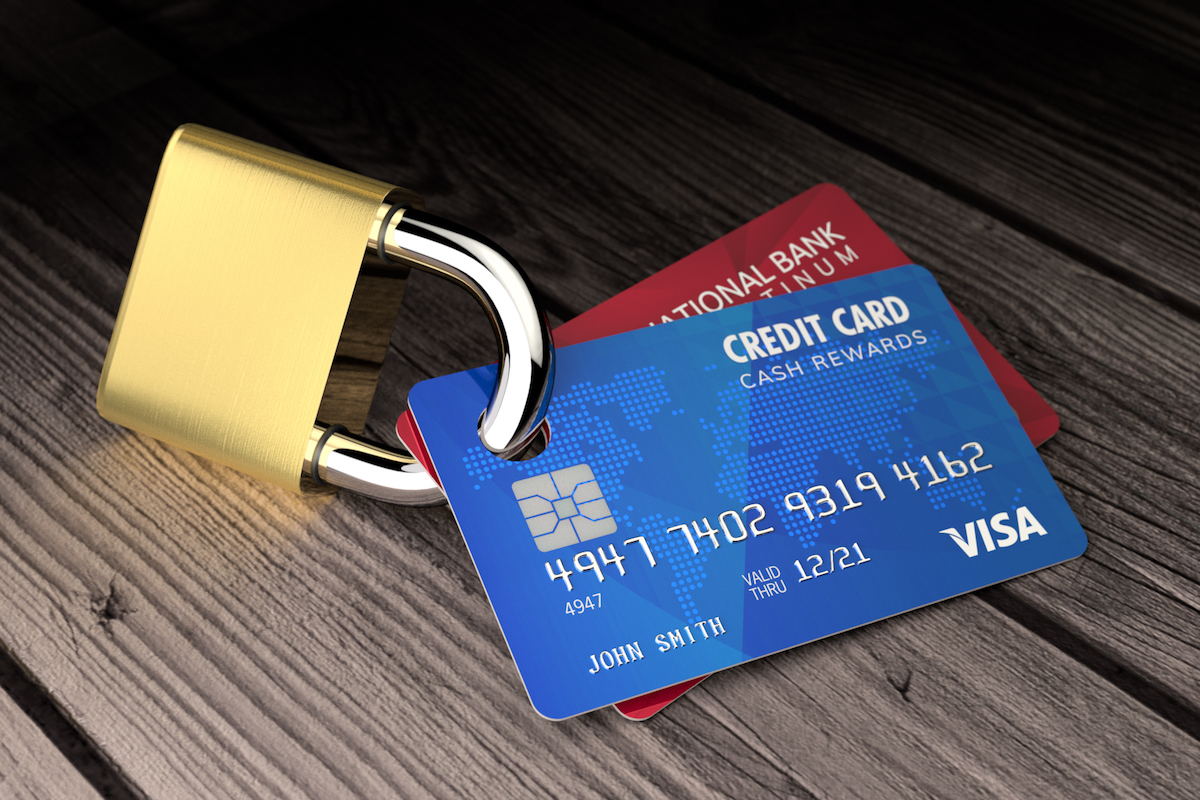
6. Paying Off Other Credit Cards
You shouldn’t merely use another credit card to settle a credit card bill. There are solutions to this issue, but none are perfect. One method is to make a cash advance with your card, put the money in your bank account, and then use it to pay the bill.
Use one of the convenience checks that credit cards occasionally issue to users is an additional option. Both procedures will cost money, and checks and advances typically have a larger APR than typical transactions.
Transferring the credit card amount to a new card is an additional option. Moving a debt with a high interest rate to a card with a 0% APR can be a smart move because many credit cards provide 0% APR for a set amount of time (15 to 20 months is normal).
For the 0% rate, however, you must pay special attention to expiration dates and take care to never make a payment late (which automatically triggers a considerably higher APR). Of course, eventually you will run out of cards and will either need to pay the full amount or put the money back into an account with interest.
7. Paying College Tuition
The expense of attending college can potentially exceed the cost of living, depending on where you reside. It can be tempting and convenient for broke college students to pay their tuition using a credit card, but resist the desire.
You might not be able to pay off your credit card balance before interest is charged if you don’t have a reliable source of income. Additionally, many institutions charge a convenience fee for accepting the payment of 2% to 3%.
The bottom line is that, even if you have problems paying your tuition payments on time, it is not worthwhile to pay for your tuition with a credit card. A much better way to finance your school is through student loans. For direct loans, the current federal interest rates run from 5.05 percent to 7.6 percent, and it is difficult (if not impossible) to undercut those rates with a card.
8. Buying Stocks
When using a credit card to buy stocks, the buyer must weigh the potential return against the potential cost, which includes interest and other charges from accounts that aren’t paid in full each month.
When adjusted for inflation, the listed companies have returned an average rate of around 7% yearly since the S&P 500’s founding in 1928. The average interest rate for credit card accounts that charge interest is 15.54 percent, according to the Federal Reserve.
While some cards may offer 0% APR for a brief period, rates might rise to 25% or more depending on the card, the cardholder’s credit score, and their payment history. There is almost no profit in purchasing stocks on credit unless the card account is kept current.
9. Business Startup Expenses
It can be a terrible idea to use your personal credit card to finance startup expenditures or business expenses. A firm typically needs at least a few years to turn a profit, and during that time, you could be paying astronomically high interest on debt that you can’t afford to repay.
Perhaps acquiring a small business loan is best for you. Interest rates on credit cards are often higher than those on conventional loans.
An even better thought is to see if you can raise money from friends and family or through a crowdfunding website.








